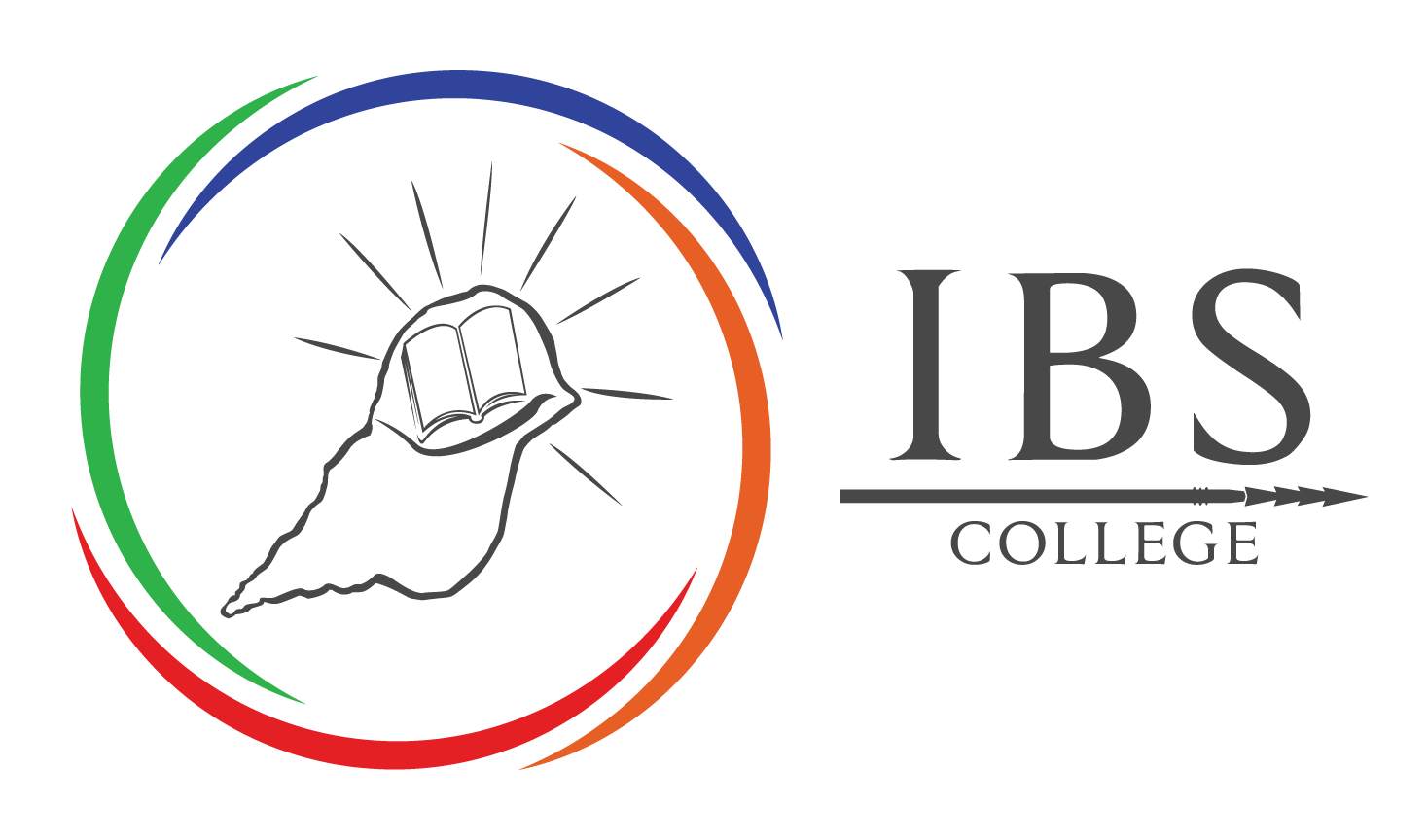
Whether you’re preparing for an exam or just want to absorb information more efficiently, these seven psychology-backed study hacks can help you retain and recall information faster.
Let’s dive into these techniques and how they can supercharge your learning process.
1. Use the Pomodoro Technique
Did you know that Pomodoro is Italian for “tomato”?
The Pomodoro technique involves studying for 20 to 25 minutes followed by a short break of one to five minutes. By studying in small, focused bursts, your brain can better remember the information. These quick sessions help prevent burnout while maximizing productivity and concentration.
2. The Protege Effect

Teach What You Learn
One of the best ways to understand a subject is to explain it to someone else. By teaching, you’re forced to break down complex ideas into simpler terms, making it easier to focus on the key points. This method is known as the “protégé effect” and reinforces your understanding.
3. Sleep Right After Studying
Hitting your brain’s “save” button
Sleep plays a crucial role in memory consolidation. Going to sleep after studying allows your brain to process and store what you’ve just learned, improving recall. It’s like hitting the “save” button on your brain after loading it up with new information.
4. Use Mnemonic Devices

Create an acronym or a short story
Mnemonic devices are memory aids that simplify complex information into more familiar associations. For example, to remember a list, you could create an acronym or craft a short story that ties the items together. Mnemonics make recalling details easier by creating mental shortcuts.
Consider these examples:
(a) Remembering the Planets in Our Solar System
List of Planets: Mercury, Venus, Earth, Mars, Jupiter, Saturn, Uranus, Neptune.
Acronym Approach: To remember the order of the planets from the sun, you can create a sentence using the first letter of each planet:
Mnemonic Sentence:
My Very Eager Mother Just Served Us Noodles.
Each word in the sentence corresponds to a planet:
- My (Mercury)
- Very (Venus)
- Eager (Earth)
- Mother (Mars)
- Just (Jupiter)
- Served (Saturn)
- Us (Uranus)
- Noodles (Neptune)
(b) Story Approach
Alternatively, you could create a short story:
Once upon a time, there was a Mercury cat who was very Venus-like in beauty. She lived on Earth but dreamed of exploring the red planet, Mars. One day, she flew high up to visit the king of Jupiter’s castle, who had a ring made of Saturn-sized jewels. After that, she traveled to the icy realm of Uranus, and finally, she dipped her paws in the vast ocean of Neptune.
In both examples, the mnemonic devices help simplify the complex information of the solar system into easier-to-recall formats, making it much simpler to remember the order of the planets.
5. Change Your Study Environment

Different study environments
Research shows that varying your study environment can boost retention. Instead of sticking to the same spot, try moving to different rooms or even studying outdoors. This change in scenery helps keep your brain alert, improving focus and recall.
6. Incorporate Multi-Sensory Learning
Engage multiple senses
When learning, try to engage multiple senses. If you’re reading, supplement it with listening to a podcast or watching a video on the topic. The more senses you engage, the more effectively your brain will process and store information.
7. Visualize the Information

Creating concrete mental associations
Visualization helps make abstract concepts more tangible. Try creating mental images, diagrams, or even sketches to represent what you’re studying. These visuals provide concrete associations that are easier to recall, especially for complex subjects.
The Bottom Line
Applying these psychology-backed hacks to your study routine can help you study faster and retain more information. Whether it’s through taking short breaks, teaching others, or engaging multiple senses, these strategies will make your learning process more efficient.
At the end of the day, smarter study habits lead to better results.
Editing & Narrative Direction: IBSU Library & Information
